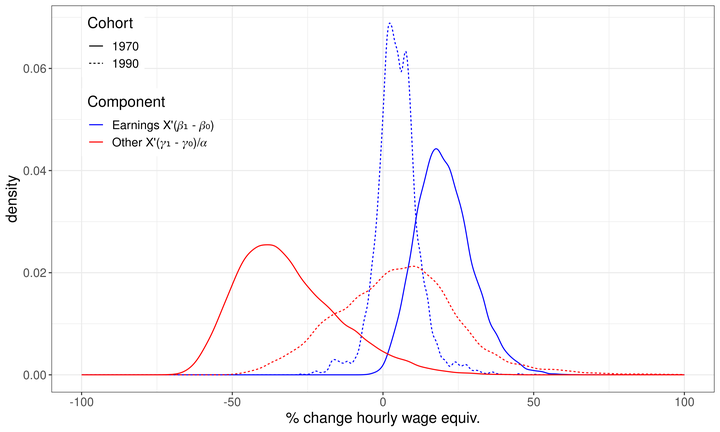
Why do some people choose to attend university, and enjoy state-subsidised benefits, while others do not? We shed new light on this key issue by comparing and quantifying the roles of earnings, financial, and non-pecuniary factors in the educational decisions of young people in the UK. We investigate changes in these factors over time, and their implications for social mobility. We specify a model of educational choice, explicitly including expectations about earnings, financial, and non-pecuniary factors. Our estimation strategy exploits panel survey data on young people’s expectations about key outcomes both at, and after, university, linked to their realised outcomes. Income maximisation, despite its prevalent role in the literature, is only a small part of the story: other factors are four times as important as earnings in determining whether someone goes to university. Non-pecuniary factors also drive both the SES-gap in educational attainment, and the huge growth in degree attainment between the 1980s and 2010s.